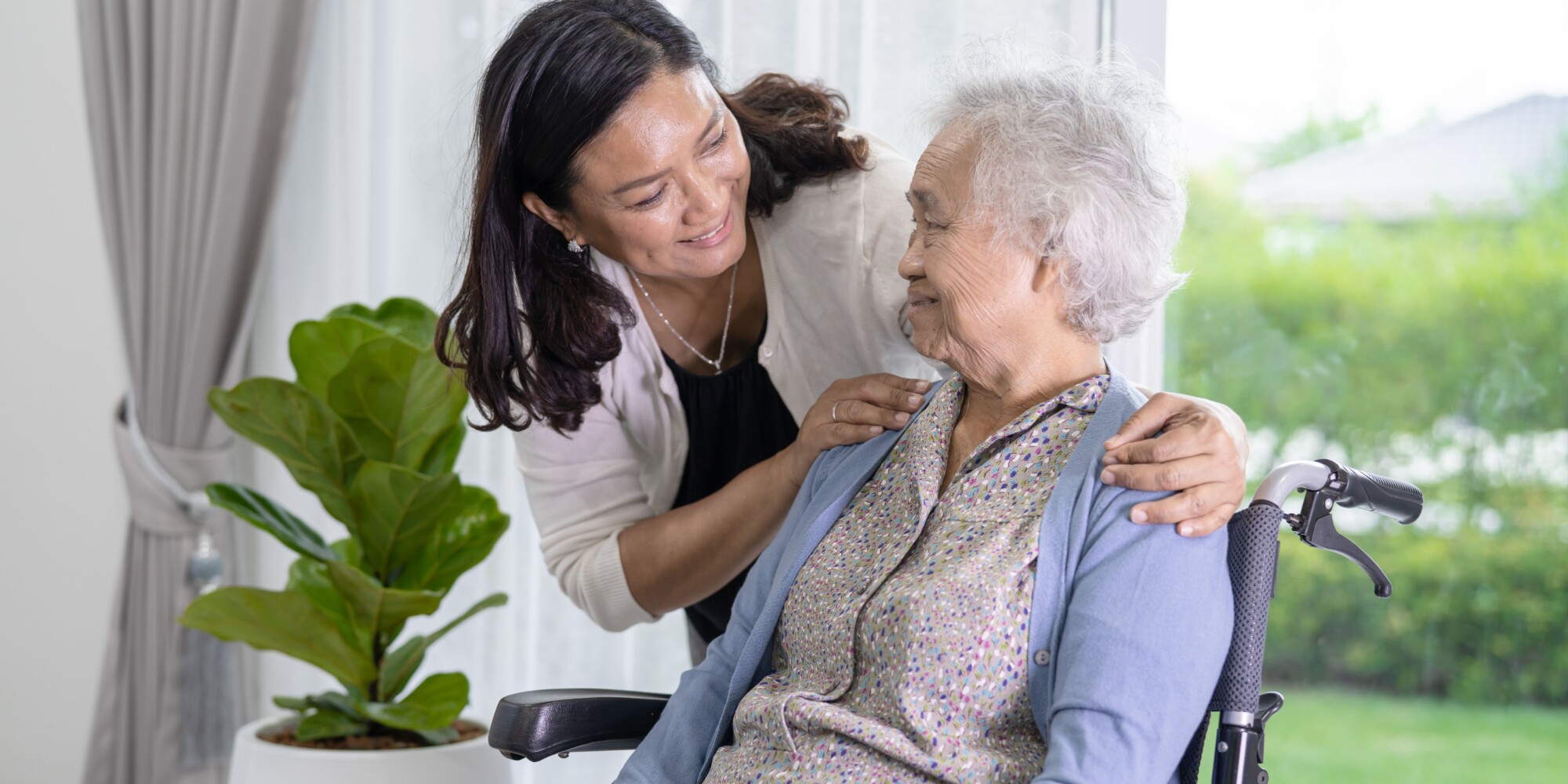
Savonia Article Pro: Psychosocial and therapeutic interventions for improving mental health and reducing feelings of loneliness among older adults
Savonia Article Pro is a collection of multidisciplinary Savonia expertise on various topics.
This work is licensed under CC BY-SA 4.0
Background
Feelings of loneliness is a huge problem with older adults globally (National Academies of Sciences, Engineering, and Medicine, 2020; Social isolation and loneliness among older people: advocacy brief. 2021). As the population ages, addressing the social and emotional needs of older adults has become increasingly important.
A wide variety of face-to-face or digital interventions have been developed to reduce social isolation and loneliness among older people. These include social skills training, community and support groups, befriending, and cognitive behavioural therapy. Creating more age-friendly communities by improving access to transportation and information and communication technologies can also help reduce social isolation and loneliness. (World Health Organization, n.d.)
This short review article investigates the social support needs of older adults and examines how enhancing such support can positively impact their overall wellbeing. This article is a learning assignment from the professional in physiotherapy course related to the study of evidence-based physiotherapy in the physiotherapist degree programme at Savonia University of Applied Sciences. The purpose of the learning assignment is to practice using PedroScale.
Methodology
The PICO question was: Which of the selected psychosocial or therapeutic interventions are most effective in improving mental health and reducing feelings of loneliness among older adults?
Search strategy and PEDro Scale
Review was developed using two databases: PubMed and Pedro. The search terms used included: “Socialization AND elderly”. The studies inclusion criteria were randomized control trials and published in the last five years.
The PEDro Scale (1999) was used to evaluate the methodological quality of the randomized controlled trials included in this review. Key criteria assessed included random allocation, concealed allocation, baseline comparability, blinding of subjects, therapists, and assessors, adequate follow-up, intention-to-treat analysis, and between-group statistical comparisons.
Studies that scored six or more out of 10 were considered to be of high methodological quality, while those scoring below six were categorized as moderate to low quality. This assessment helped in determining the internal validity of the trials and the reliability of the reported outcomes.
Results
Three randomized control trials were selected for a short review. Hernández-Ascanio et al. (2023) study examined the impact of a multicomponent intervention (6 home-based face-to-face sessions, intercalated with 5 telephone calls from three content: communication and social contact, feelings of competence and self-control and participation in social activities) on social isolation, loneliness, and quality of life in community-dwelling older adults. The study results did not indicate that the program significantly reduced social isolation or loneliness, however a more detailed analysis revealed that the amount of confidential support increased in the experimental group and emotional loneliness decreased.
Jesus et al. (2024) study results showed that the HEPPI (Homebound Elderly People Psychotherapeutic Intervention) program was effective in reducing loneliness and alleviating depressive symptoms among homebound elderly individuals.
Sturm et al. (2022) study results showed that the HoPES3 (Holistic Care Program for Elderly Patients to Integrate Spiritual Needs, Social Activity and Self-Care into Disease Management in Primary Care ) program was effective in supporting spirituality, social activity and independence in the care of elderly patients, which in turn improved their quality of life.
Among the three interventions, the HEPPI program demonstrated the most immediate and significant reduction in loneliness and depressive symptoms among homebound elderly individuals. However, the lack of sustained effects highlights the importance of continuous support. For sustained benefits, integrating ongoing support and tailoring interventions to individual needs and existing practices may enhance long term outcomes. All three studies scored approximately 6 out of 10 on the PEDro Scale, indicating moderate methodological quality.
Conclusion
Social support and group activities have been shown to reduce loneliness and improve mental health. These findings highlight the need for more long-term studies and larger sample sizes in physiotherapy research. A comprehensive approach that addresses social, emotional, and spiritual factors tends to produce the best outcomes.
Authors:
Mirella Karttunen, physiotherapy student, Savonia University of Applied Sciences
Marja Äijö, PhD, Principal Lecturer of Gerontology and Rehabilitation, Savonia University of Applied Sciences
References
Canva. (n.d.). [Kuva]. In available: https://www.canva.com/
Hernández-Ascanio, J., Perula-de Torres, L. Á., Rich-Ruiz, M., González-Santos, J., Mielgo-Ayuso, J., González-Bernal, J., & ASyS Study Collaborative Group (2023). Effectiveness of a multicomponent intervention to reduce social isolation and loneliness in community-dwelling elders: A randomized clinical trial. Nursing open, 10(1), 48–60. https://doi.org/10.1002/nop2.1277 .
Jesus, A. G., de Lima, M. P., Vilar, M., & Pachana, N. A. (2024). Homebound elderly people psychotherapeutic intervention (HEPPI): Exploring the mediating role of loneliness. Archives of gerontology and geriatrics, 118, 105308. https://doi.org/10.1016/j.archger.2023.105308.
National Academies of Sciences, Engineering, and Medicine. (2020). Social isolation and
loneliness in older adults: opportunities for the health care system. Washington, DC: The
National Academies Press. In available: https://doi.org/10.17226/25663
PedroScale (1999). Pedro Scale tool. In available: https://pedro.org.au/english/resources/pedro-scale/
Social isolation and loneliness among older people: advocacy brief. (2021). Geneva: World Health Organization. Licence: CC BY-NC-SA 3.0 IGO.
Sturm, N., Krisam, J., Szecsenyi, J., Bentner, M., Frick, E., Mächler, R., Schalhorn, F., Stolz, R., Valentini, J., Joos, S., & Straßner, C. (2022). Spirituality, Self-Care, and Social Activity in the Primary Medical Care of Elderly Patients. Deutsches Arzteblatt international, 119(8), 124–131. https://doi.org/10.3238/arztebl.m2022.0078. Germany.
World Health Organization. (n.d.). Reducing social isolation and loneliness among older people. In available: https://www.who.int/activities/reducing-social-isolation-and-loneliness-among-older-people